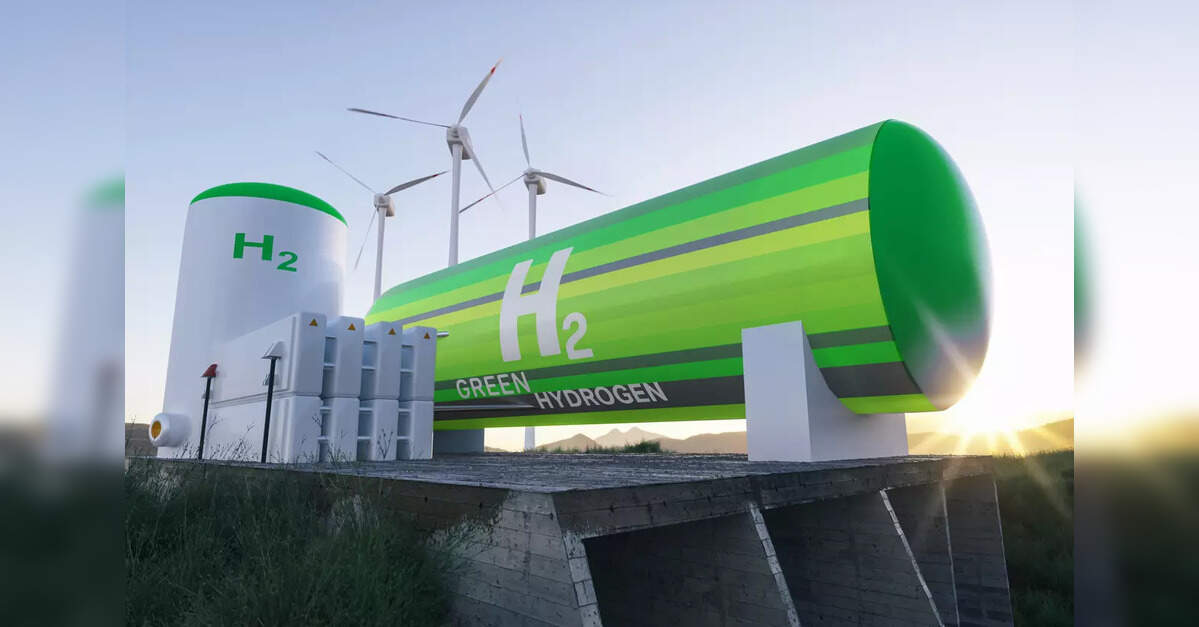Revolutionizing India's Energy Future: Green Hydrogen from Agricultural Waste
Key Ideas
- Scientists at IISc, Bengaluru, have developed a technology to produce 99% pure green hydrogen from agricultural waste, addressing the challenge of decarbonizing sectors like steel and transportation.
- The new process is renewable, carbon-negative, and economically viable, with the ability to extract more hydrogen than naturally present in the biomass, contributing to India's goal of self-reliance in energy production.
- The project has garnered support from government bodies like the Ministry of New and Renewable Energy, Department of Science and Technology, and Indian Oil Corporation Limited, showing a strong commitment to advancing green hydrogen technology in India.
- The innovative platform, scalable to produce 0.25 tonnes of hydrogen per day, aims to support the growth of hydrogen-powered vehicles and infrastructure, aligning with India's National Green Hydrogen Mission to produce 5 million metric tonnes of green hydrogen annually by 2030.
In a groundbreaking development, scientists at the Indian Institute of Science (IISc) in Bengaluru have introduced a revolutionary technology capable of producing 99% pure green hydrogen from agricultural waste. This innovation comes at a crucial time for India's energy landscape, as the country looks to transition towards sustainable practices and reduce its carbon footprint. The process, spearheaded by Professor S Dasappa and his team, involves a two-stage biomass-to-hydrogen reactor system that efficiently converts biomass into syngas and then pure hydrogen. What sets this system apart is its remarkable ability to extract more hydrogen from biomass than naturally present, making it a promising solution for India's growing hydrogen demand.
The green hydrogen production process not only offers a renewable and carbon-negative alternative but also aligns with the vision of 'Atmanirbhar Bharat' (self-reliant India) advocated by Prime Minister Narendra Modi. The project has received acclaim from Union Minister Pralhad Joshi, who recognized its significance in driving technological advancements in the energy sector. With support from various governmental and industrial bodies, including funding from the Ministry of New and Renewable Energy and Indian Oil Corporation Limited, the project is well-positioned for further expansion and commercialization.
The visit of Minister Joshi to witness the technology in action underscores the government's commitment to promoting green hydrogen and pushing for key advancements in hydrogen storage, vehicle infrastructure, and cost reduction. The scalability of the IISc's hydrogen generation platform, extending to potential applications in methanol and ethanol production, highlights the versatility and wide-reaching impact of this innovative approach.
As India aims to lead the green hydrogen economy, the IISc's breakthrough offers a promising pathway towards sustainable energy practices, leveraging indigenous resources for a cleaner and more efficient energy future.
Topics
Public Transit
Renewable Energy
Technology
Innovation
Sustainability
Research
Economic Development
Government Support
Carbon Capture
Latest News
